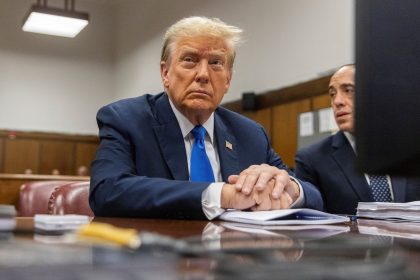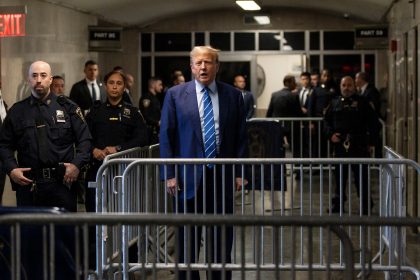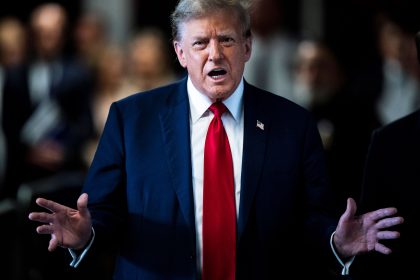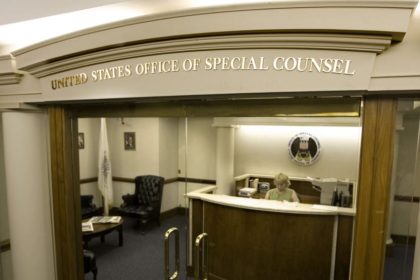Jury Selection Begins In Fraud Trial of Theranos Founder
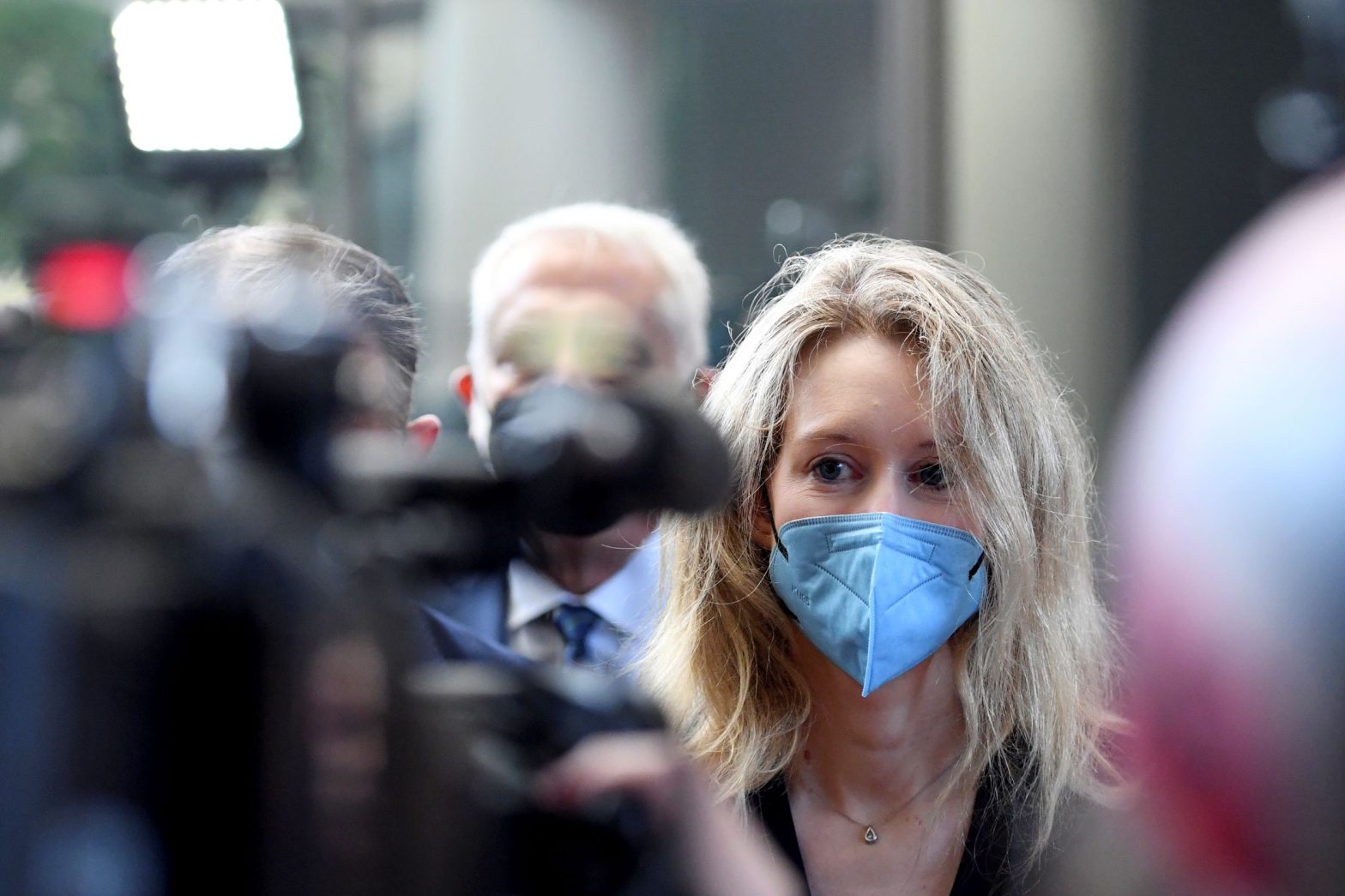
SAN JOSE, Calif. — Jury selection is underway in the fraud trial of Theranos founder Elizabeth Holmes, a one-time darling of Silicon Valley now facing felony charges alleging she duped elite financial backers, customers and patients into believing that her startup was about to revolutionize medicine.
But the Theranos technology, which promised to run hundreds of medical tests using a single drop of blood, never lived up to expectations, and prosecutors are expected to argue it may never have worked at all.
Opening arguments in the trial are scheduled for early next week.
In 2003, Elizabeth Holmes, dropped out of Stanford University and founded Theranos, a health care and life sciences company she said would revolutionize blood testing.
Holmes’s claims appealed to deep-pocketed investors like Rupert Murdoch, the executive chairman of News Corp, and Tim Draper, a venture capitalist of Draper Fisher Jurvetson, and by 2015, according to Pitchbook, she had a net worth of $9 billion and had raised $800 million from investors.
But Theranos — a name derived from the words “therapy” and “diagnosis” — quickly lost steam after revelations that its supposedly breakthrough blood-testing machine, called “Edison,” didn’t work as Holmes had described and produced dangerously inaccurate results in tests run for actual patients.
These deficiencies were revealed and publicized by a series of investigations by the news media, including a 2015 report by The Wall Street Journal.
A year later in January 2016, the Centers for Medicare and Medicaid Services issued a letter finding that “the deficient practices of the laboratory pose immediate jeopardy to patient health and safety.”
CMS found that the facility was not in compliance with all conditions required for certification as a Clinical Laboratory Improvement Amendments, known as CLIA, program, and thus was not certified to perform laboratory testing under the CLIA program.
Following the letter from CMS, Walgreens stopped sending any clinical laboratory tests to Theranos for evaluation.
In 2018, Holmes and Theranos partner Ramesh Balwani were indicted by the U.S. Securities and Exchange Commission on nine counts of wire fraud, and two counts of conspiracy to commit wire fraud.
The FDA Office of Criminal Investigations and US Postal Inspection Service accuse the company founders of defrauding financial investors, doctors, and patients because they knew that the technology was not capable of producing accurate or reliable results.
Although Holmes stepped down as CEO of Theranos, she remains on the board of the company.
Holmes has maintained her innocence since the U.S. government charged her in 2018. Her trial was delayed by the pandemic and then a pregnancy that culminated in the recent birth of a son. Some legal observers believe that could make her a more sympathetic figure before the jury.
Jury selection is expected to take several days. More than 200 people were summoned for the jury pool in an effort to seat an impartial panel.
If convicted on all counts,she faces up to 20 years in prison and a fine of $3 million.


















